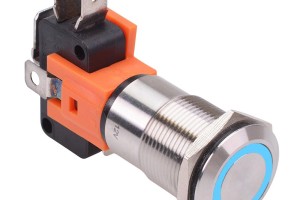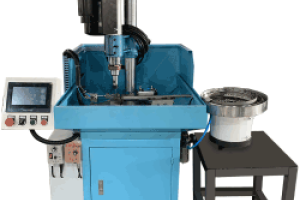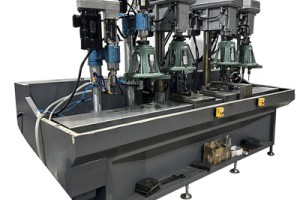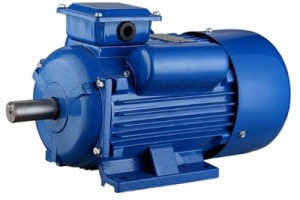
NTC thermal switches can benefit us by providing reliable temperature control and overheat protection in various applications.
NTC (Negative Temperature Coefficient) thermal switches are designed to change their electrical resistance with temperature. This characteristic allows them to function as effective temperature control devices. When the temperature rises above a preset limit, the resistance of the NTC thermistor decreases, triggering a switch action that can disconnect power or activate a cooling system, thereby preventing overheating and potential damage to equipment (though note that does not directly mention NTC thermal switches, the principle of NTC thermistors applies).
In practical applications, NTC thermal switches are widely used in electronics, automotive systems, and industrial equipment. For instance, in lithium-ion battery packs, NTC thermal switches monitor the battery temperature and disconnect power if it exceeds safe limits, preventing thermal runaway and potential fires. Similarly, in automotive systems, they help maintain optimal engine temperatures and protect critical components from overheating.
Furthermore, NTC thermal switches offer advantages such as compact size, high reliability, and long service life, making them an attractive choice for temperature control in a variety of environments and applications.
In summary, NTC thermal switches provide a crucial layer of protection and efficiency in temperature-sensitive systems, ensuring safe and optimal operation.










Leave a comment